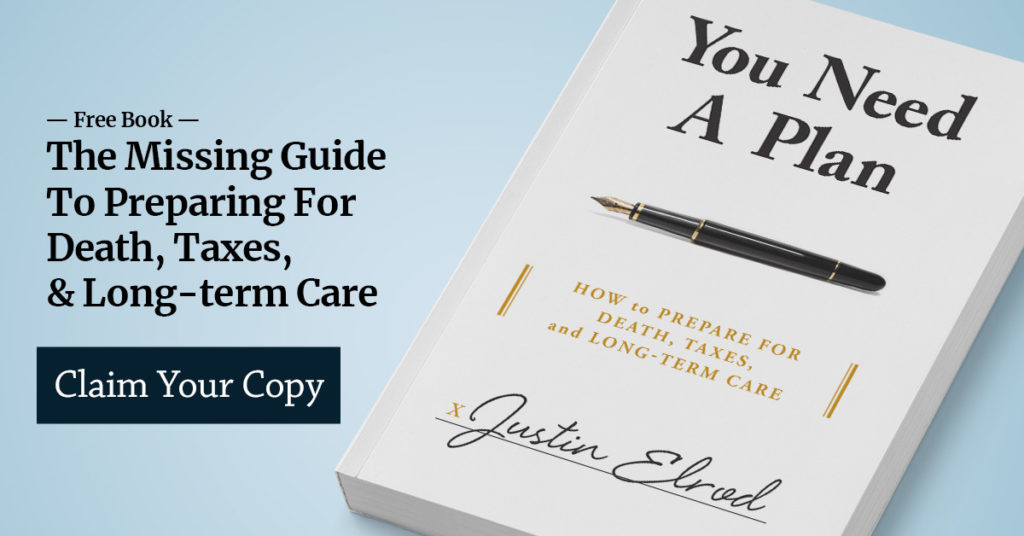Medicaid Benefits
Know your options before you privately pay nursing home bills until you’re broke.
Medicaid is an essential benefit when you need 24-hour skilled care.
While some limited Medicaid programs offer assistance to those needing home caregivers or assisted living facilities, those typically most interested in Medicaid benefits are people needing nursing home care. General Medicaid rules require benefit recipients to contribute most of their own monthly income to pay for nursing home care, and Medicaid pays the balance of the facility charges. With the average cost of nursing home care now at or over $5,000 per month, Medicaid is an essential benefit to almost anyone in need of 24-hour skilled care.
To qualify for Medicaid assistance, applicants must pass both an income test and an asset test. Medicaid’s income rules require applicants to have monthly income below a certain level. The limit changes every year; as of 2022 it is slightly over $2,500 per month. However, no one with proper guidance should ever be denied Medicaid benefits based on the income test. Medicaid rules allow for use of an Irrevocable Income Trust, more commonly known as a Miller Trust, to bypass the income rules and allow those with higher income levels to qualify for Medicaid assistance.
The asset test for Medicaid assistance varies dramatically depending on whether the applicant is married or single.
Asset Restrictions for Single Applicants
Single applicants for Medicaid assistance can own one home, one vehicle, a prepaid burial plan, and $2,000 in total additional assets. Very few exceptions exist to this basic rule. Some applicants have very limited assets when they enter a nursing home and already meet this rule, but most are over this asset limit and need to know about Medicaid’s transfer penalty and lookback period.
The Department of Human Services has a right to “look back” at an applicant’s financial situation for the five years preceding his or her application for assistance, and if the applicant gave away or transferred any assets during that five-year period, Medicaid will penalize that applicant before providing any assistance. The penalty is calculated in terms of months, not dollars. In other words, for every $7,000 in assets an applicant transfers during the lookback period, a one-month penalty will apply. If an applicant transferred or gave away $70,000 in assets during the lookback period, he or she will incur a 10-month transfer penalty, meaning it will be ten months before Medicaid will provide any assistance with the nursing home bill.
This sounds like a harsh rule. But understanding the gifting penalty can reveal a number of exciting planning opportunities that can help clients obtain Medicaid benefits without simply paying the nursing home private pay rates until all of the applicant’s assets have been exhausted, even when preplanning is no longer an option.
With regard to the home, although Medicaid rules allow applicants to qualify for Medicaid assistance while owning a home if the applicant has virtually no other assets, it is often unwise to keep the home. The Department of Human Services is permitted to place a lien on the home of any Medicaid recipient who dies still owning the home. This means the home cannot be sold or passed down to the heirs of a Medicaid recipient without first paying back the Department of Human services every penny that was spent on the Medicaid recipient’s care during his or her lifetime. For this reason, we usually advise that our clients sell or transfer their homes before applying for Medicaid, and we strive to minimize any negative consequences of that sale or transfer through a solid understanding of the rules regarding the transfer penalty.
Asset Restrictions for Married Applicants
Most clients are surprised to learn how much of their marital assets they can shelter under current Medicaid rules. The Department of Human Services is required to count all assets owned by both spouses, not just the assets in the name of the applicant spouse, as of the date of entry into the nursing home. But Medicaid rules protect the home plus one-half of those assets, within certain minimum and maximum limits, in addition to the $2,000 in assets allowed to a single Medicaid applicant.
Medicaid rules also offer some limited income protection to married couples. First, while all assets in either spouse’s name count under the asset test, Medicaid rules always protect the income of the non-nursing home spouse when the spouse in the nursing home qualifies for Medicaid. In other words, Medicaid rules require payment of only the nursing home spouse’s income towards the facility charges, never the non-nursing home spouse’s income. Second, when the non-nursing home spouse’s income falls below a certain minimum level determined annually, some of the non-nursing home spouse can keep some of the nursing home spouse’s income to help meet daily expenses at home.
As with single applicants, some exciting planning opportunities exist for married applicants who grasp these tricky Medicaid rules, even when preplanning is no longer an option.
Recent Medicaid Articles


Why You Need a Good Elder Law Attorney (and How to Find One)

Recent Medicaid Questions
Want to find out what your medicaid options are?
You don’t have to go another day without a plan. We can help develop a plan that fits your unique situation.


